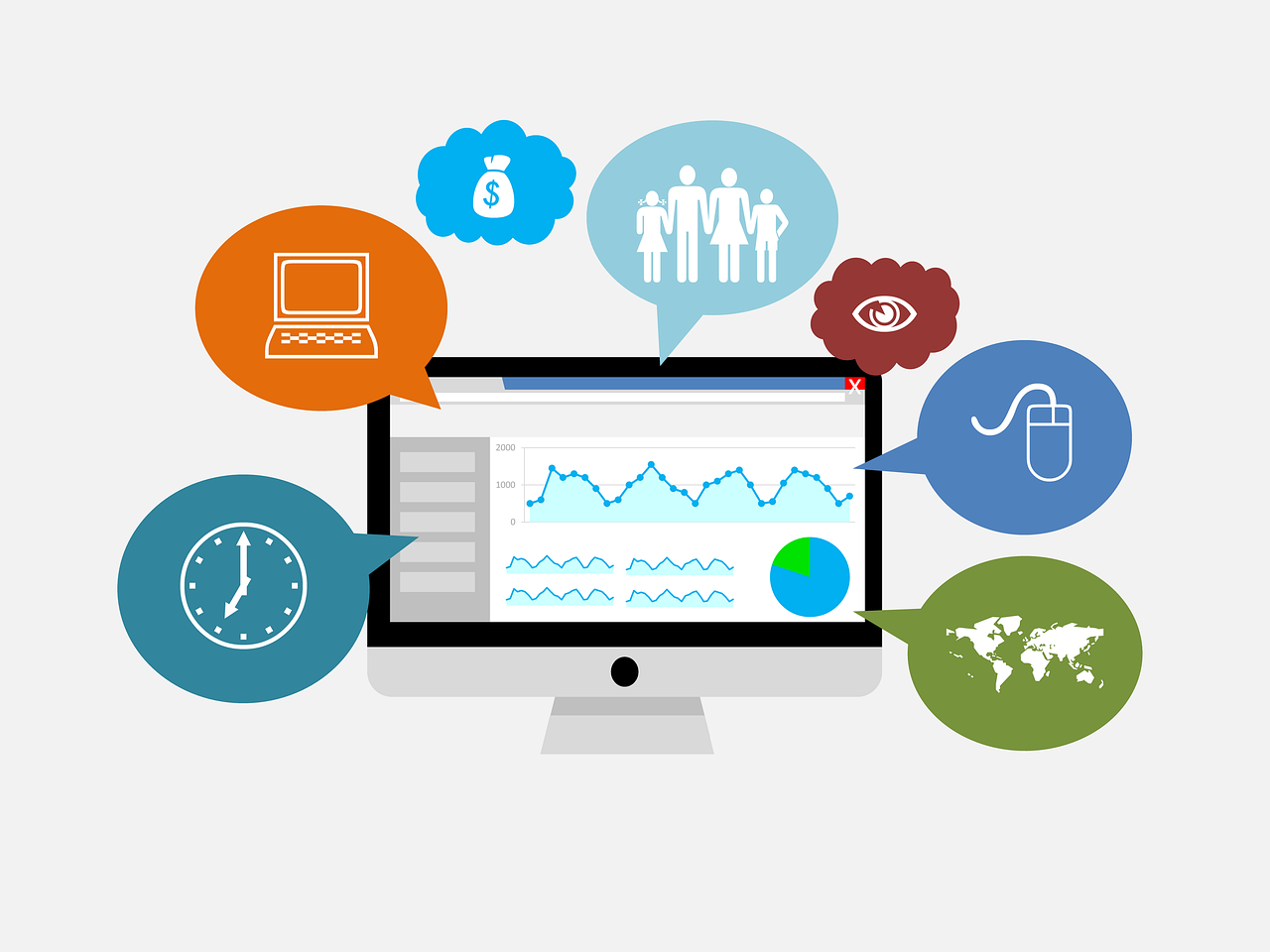Consumer oriented markets compel businesses to deliver the best experience to their customers before they turn to other sellers. Engaging the customers and keeping them content is a crucial component to your strategy of maintaining the profitability and sustainability of the business.
Meeting customer expectations and sales targets becomes a tricky part of the puzzle that can be solved using data analytics. Similar to the clues we need in order to reach out to the treasure in any treasure hunt, every business needs to take clues from data and compliment it with the right analytics reporting tools so that the obtained data directs us to the solution and a step closer to becoming a successful brand.
Data analytics aims at collecting the data of clients’ or customers’ responses, behaviour, and attitude throughout the consumer journey. This data lays the foundation for you to connect with your clients. You still need to bridge the gap in between by producing the required products for your customers as well as optimize the workflow and team productivity.
Any business that starts small would have their eye on being awarded bigger contracts and sizing up. And to do that is to invest in digital mediums and data analytics.
Here’re a few reasons for you to consider going down that road
Understanding Clients’ Needs
We can all agree that a business thrives only when customers are willing to pay for the deals. And customers only pay when they like what they get! In business, understanding the clients’ needs always comes first.
Once customers receive things as per their expectations, they tend to develop strong bonds with your brand which goes a long way developing loyalty. However, it does not take long for another seller to lure them with better deals, experience, or services. Therefore, get to know your audience and their needs. To do that, you can opt for data analytics that plays an important role for small businesses in gathering the data of customer experience.
Personalizing Customer Experience
Customers often reach out to digital mediums to gather information relevant to the product they seek. There, a prompt revert from your end can do wonders in making the potential customer feel valued. Soft skills play a pivotal role in making a customer’s experience memorable. And data analytics derived from a resource management software, for instance, lets you tap into available and competent resources for service-based work. They can be assigned to assist customers and take ownership of profitable accounts.
The right resources have the capability to feel the pulse of potential clients, the motive of their approach, and can accordingly respond to meet their expectations. Retrieving information of your clients’ response lets you provide personalized services to your clients.
Providing Better Products
Post-sales is an important step after personalizing the deliverables. It’s about demonstrating how responsive and intuitive you are to your audience. With analytical accuracy to back your actions up, you have a clear sense of changing needs and user interactions. It lets you aggregate opinions, ideas and suggestions of netizens. This method directly fuels the need for innovation and new technologies that meet the requirements of the potential customers.
Introducing new technologies and innovations alongside delivering what your customers desire will help your business surpass the rivals. In fact, it helps you form a better connection with the potential customers, thus uplifting your brand name. After all, no one wants to work with a business that continues to operate in a digital Dark Age! With data science, operational inefficiencies are eliminated at minimum costs, shaping up your leadership skills.
Reliable Risk Management
Data analytics allows you to identify the sources of probable threats hovering around your business. Not only by identifying the threats but also finding the alternatives to avoid the risks. Adding to the fact, it empowers you to practice a better change management approach and ultimately improving risk management altogether.
You can trace malpractices costing you even a slightest bit with analytics which otherwise could take a while if investigated manually. Not only it helps you identify financial risks but also the intellectual property, digital assets, resources, etc.
Improvise Workflow Using the Analytics
You can constantly improvise on the data workflow by studying the data via analytics and eliminating the existing errors. Data analytics helps you derive the solution to the problems and improve the productivity of the team and overall workflow efficiency.
Data analytics majorly focuses on fetching the structured data and representing it in a comprehensible format pointing out a solution of the underlying problems. And with growing teams come the growing pain of managing and running schedules. At a time when you need all hands-on board, analytic methods help your team members find the answer to the problem proactively, as opposed to reacting when the issue has already impacted the work environment. It means, analytics can leverage the data obtained from every junction of a customer’s journey and your workflow which is essential for small businesses to grow.


![How To Fix Active Partition Not Found Error [5 Ways]](https://www.wowtechub.com/wp-content/uploads/2024/02/how-to-fix-active-partition-not-found-error-5-ways-1160x653.jpg)

